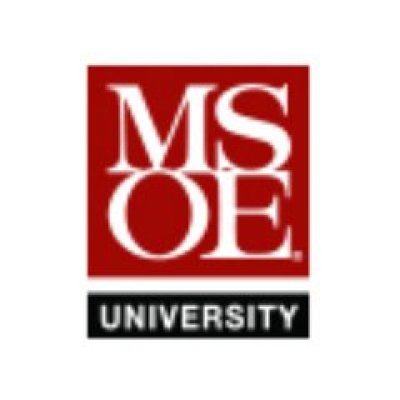Early in the morning on March 26, 2024 a super freighter lost complete power and struck a support column on the Interstate 695 (I-695) resulting in catastrophic collapse of the bridge. This will limit shipping until salvage and cleanup operations are completed. The shutting down of the port will have a direct impact on the economy of Baltimore at a rate of over $200 million of cargo passing through the port every day.
Dr. David Rollins, a supply chain expert and an assistant professor in the Rader School of Business at Milwaukee School of Engineering, provides insight into the industrial, consumer and fiscal impact of the Key Bridge collapse.
"The port’s major exports are coal, automobiles, and light trucks, while it imports goods like sugar, cars, light trucks, heavy farm and construction machinery, minerals, and fertilizer. The shipping methods employed by the port of Baltimore include containerized units, break bulking, and roll-on roll-off for automobiles, trucks, and machinery.
"The impact on the global supply chains will be negligible from the standpoint that the ports of Philadelphia and Norfolk are poised to accept international shipping vessels and have the capacity for the extra traffic. The supply chain for coal and automobiles will be disrupted in the short term as the traffic of both international cargo ships and railcars will be rerouted to the other ports. Materials loaded on ships scheduled to depart after March 26th will likely be held until the salvage and cleanup are completed. However, if a customer needs expediting services, materials may be shipped through air cargo or rerouted to another port for shipment.
"A supply chain requires three elements to be successful:
- The logistics and transportation of physical goods, which is a short-term issue for Baltimore.
- An information channel, if executed properly supply chain and logistics managers shipping through the Port of Baltimore have rerouted goods to either Norfolk, VA or Philadelphia, PA, the two closest ports.
- The transfer of funds for both goods and services, which has a limited impact on the supply chain compared to the potential impact on the city of Baltimore’s economy.
"Prior to COVID-19, the information exchange part of supply chains was mostly overlooked. Improved communication will help render the bridge collapse a minor issue in the global supply chain.
"One domestic issue will be the time and distance between the seaports and the supplier’s location or the destination of the products. From the Midwest, the largest source of automobile suppliers, rail shipping requires extra lead time but will keep transportation costs low. If producers ship via truck, the increase in mileage to the closest port, Philadelphia, is 56 miles resulting in an increase in fuel cost per shipment of approximately $34.461.
"The Key Bridge incident will result in the rerouting of traffic via Interstate 95 (I-95) through Baltimore. I-95, which travels through the Fort McHenry tunnel to downtown Baltimore will be highly congested during commuting times resulting in slower deliveries. Interstate 895 (I-895), traveling through the Harbor tunnel, also provides another. Both routes will only add a couple of miles for goods movement. Hazardous material trucking will not be allowed through the tunnels and will be required to take I-695 around the west and north side of the city. This route is 14 miles longer than the Francis Scott bridge route.
"Typically, semis get around 6.5 miles per gallon of diesel fuel2. Increasing the costs for the logistics and trucking companies. Based on the load capacity of a semi-trailer at 48,000 pounds, the increase in fuel expenditures will have a negligible effect on the cost to consumers.
"The resilience of the supply chain has improved in the past couple of years due to lessons learned during the COVID-19 pandemic. The extent to which supply chain managers have grown and adopted changes will determine the ultimate effect the Francis Scott Key Bridge had on the supply chain."
Dr. Rollis is available to speak with media about the impact the Key Bridge collapse will have on the supply chain. Simply click on his icon below to arrange an interview.
###
1Estimated fuel costs based on mileage from Chicago to the port with an estimated truck mileage of 6.5 per gallon at a price of $4.00 per gallon.
2Motorask.com, supported by the U.S. Bureau of Transportation Statistics. The BTS did not have data after 2021, but the website Motorask.com used the higher mileage which is used in the calculation.





